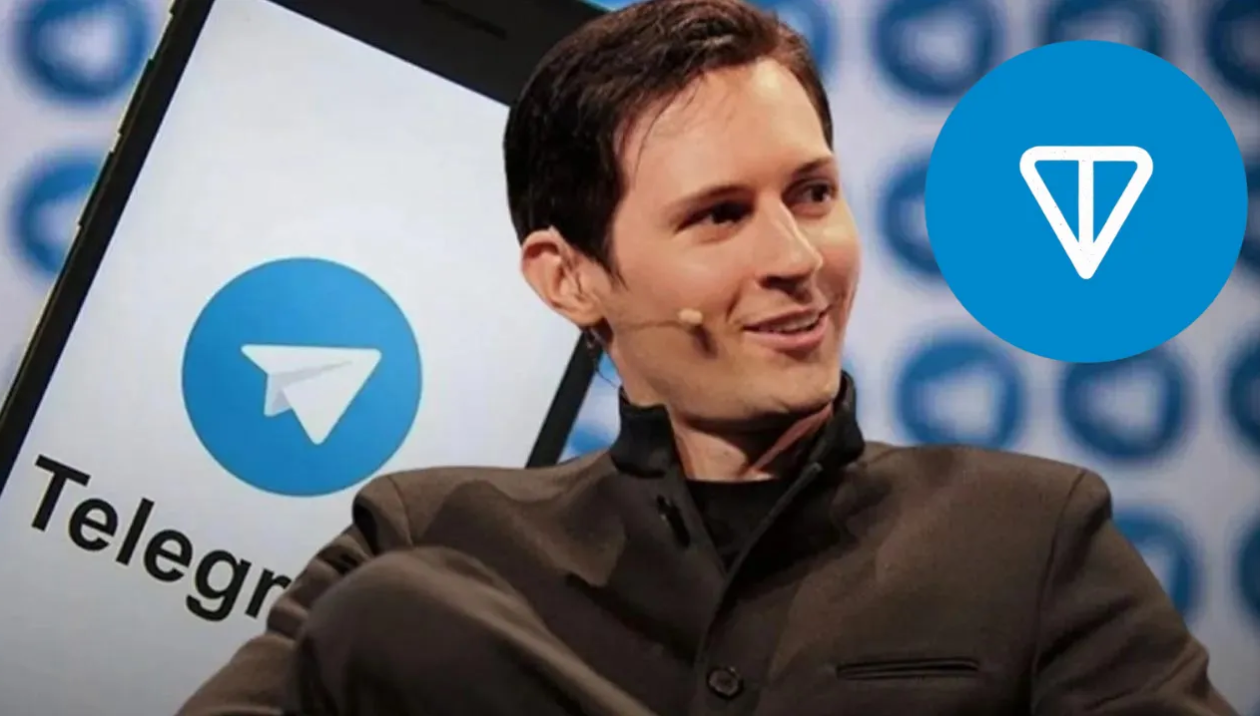Telegram CEO Pavel Durov, who was arrested in France a few days ago, posted a message on Telegram after his release. Here is the full message:
Thank you everyone for your support and love.
After arriving in Paris last month, I was questioned by the police for four days. I was told that I could be personally responsible for other people's illegal use of Telegram because the French authorities were not getting any response from Telegram.
This was surprising for several reasons:
1. Telegram has an official representative in the EU who accepts and responds to EU requests. The email address was publicly available to anyone in the EU who Googled “Telegram EU address for law enforcement.”
2. The French authorities had many ways to reach me for help. As a French citizen, I was a frequent guest of the French consulate in Dubai. Some time ago, when asked, I personally helped them set up a helpline with Telegram to deal with the threat of terrorism in France.
3. If a country is unhappy with an internet service, the common practice is to take legal action against the service itself. Using pre-smartphone laws to accuse a CEO of crimes committed by third parties on the platform he runs is misguided. Developing technology is hard enough.
No innovator would develop new tools if they knew they could be held personally liable for potential misuse of those tools. Striking the right balance between privacy and security isn’t easy. You have to reconcile privacy laws with law enforcement requirements, and local laws with EU laws.
You need to take into account technological limitations. As a platform, you want your processes to be globally consistent, but also to be able to avoid abuse in countries with weak rule of law. We are committed to working with regulators to find the right balance. Yes, we stand by our principles: our experience is informed by our mission to protect our users in authoritarian regimes. But we have always been open to dialogue.
Sometimes we disagree with a country’s regulator on the right balance between privacy and security. In such cases, we are prepared to leave that country. We have done so many times. When Russia demanded that we hand over the “encryption keys” to enable surveillance, we refused – and Telegram was banned in Russia. When Iran demanded that we block channels belonging to peaceful protesters, we refused – and Telegram was banned in Iran. We are prepared to leave markets that are not in line with our principles, because we are not in this for the money. We are motivated by the intention of defending people’s fundamental rights and doing good, especially where those rights are being violated.
This is not to say that Telegram is perfect. The fact that the authorities can get confused about where to send requests is something we need to improve. However, the claims in some media that Telegram is some kind of anarchic paradise are simply not true. We remove millions of harmful posts and channels every day. We publish daily transparency reports. We have direct helplines with NGOs to process urgent moderation requests faster.
But we hear voices saying that’s not enough. Telegram’s sudden increase in users to 950 million has caused growing pains that have made it easier for criminals to abuse our platform. That’s why I’ve made it my personal goal to make sure we make significant improvements in this regard. We’ve already started this process internally, and I’ll share more details about our progress very soon. I hope that the events of August will make Telegram, and the social networking industry as a whole, safer and stronger. Thanks again for your love and humor.
*This is not investment advice.










